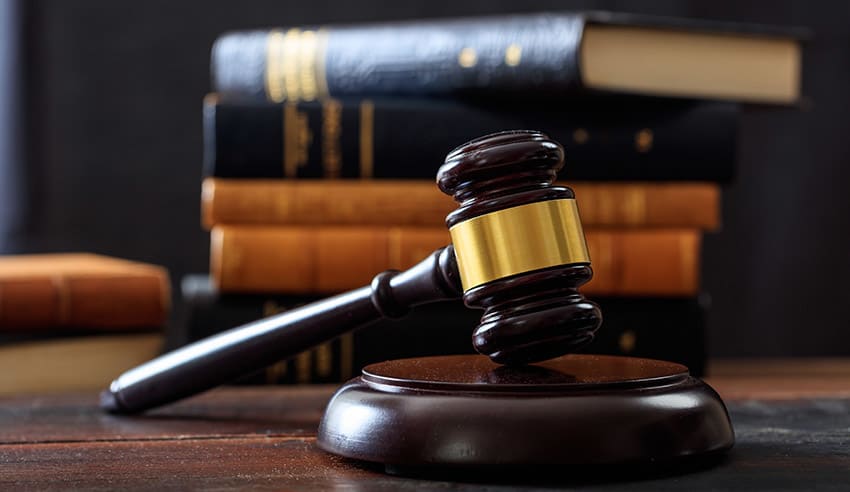The right to know one’s rights is a meta-right that arises from the observation that many people do not enjoy their legal rights because they are ignorant about their precise content. Examples abound, from deceptions in voter registration to crisis pregnancy counseling that misrepresents medical expertise to prevent women from having abortions.
Indictment
An unbiased panel of citizens, known as a grand jury, evaluates the evidence put out by the government and determines whether or not to accuse someone of a crime formally. When the grand jury votes for enough evidence to proceed, they issue an indictment document.
The defendant will be required to appear in the Supreme Court for arraignment on the new charges that the grand jury decided to impose. The arraignment will include the prosecutor explaining to the defendant what crimes they have been charged with.
At the arraignment, you may be able to testify about how the crime has affected you and your family. The District Attorney’s office may also ask you to fill out a Victim Impact Statement and keep you updated on any criminal case proceedings related when convicted of a crime in Iowa, sentencing, or release.
Arrest
Once the accused person is arrested, they are brought before a judge at an initial hearing (an arraignment). The defendant now investigates the allegations against them, secures legal counsel, and decides if sufficient evidence supports the allegation of guilt.
During an arrest, people can make statements that could later be used against them in court. Before questioning, law enforcement officers must read Miranda rights, or the right to remain silent.
Victims of crime and people who know a case are often asked to testify at the trial or other court proceedings. The complete cooperation and truthful testimony of witnesses and victims is essential to the criminal justice system.
Plea
Defendants in criminal cases have a right to be fully informed of the nature of the charges against them. This is a core element of the Fifth Amendment’s protection against double jeopardy.
During the plea process, your attorney may negotiate a deal with the prosecutor to resolve the case. Plea bargaining can save you time and money that would be spent preparing for trial and paying expert witness fees.
If you plead guilty, you agree that you committed the crime. Unless you are pleading no contest, a conviction can prevent you from obtaining employment or housing and could impact your immigration status. Your attorney can explain the implications of this to you. For this reason, you should always consult with your attorney before making any decisions about pleas.
Trial
Having a fair trial is a fundamental right for those accused of crimes. It provides an accused individual with access to legal representation, the ability to challenge evidence and witnesses, and the opportunity for a trial by jury of their peers.
The judge decides on law issues at a trial, and the jury determines factual findings. The accused may request a judge-only trial rather than a jury for a severe crime.
Individuals with legal experience can find the trial process intimidating and may need to know what to expect. They should be given information about what is happening in court and their rights, which should be communicated in a way they can understand. This could include the use of an interpreter or intermediary.
Appeal
A right to appeal allows a person who loses in court the opportunity to ask a higher court to review the decision. In criminal cases, the losing party is usually dissatisfied with how the trial was conducted or if the judge misapplied the law.
During a trial, the prosecution and defense present evidence by questioning witnesses. In many trials, the case is decided by a jury. However, the defendant may decide the case by a judge alone, called a bench trial.
At sentencing, the offender, lawyer, and the victim can address the court before the sentence is imposed. Victim impact statements can guide the court’s consideration of an appropriate sentence.

